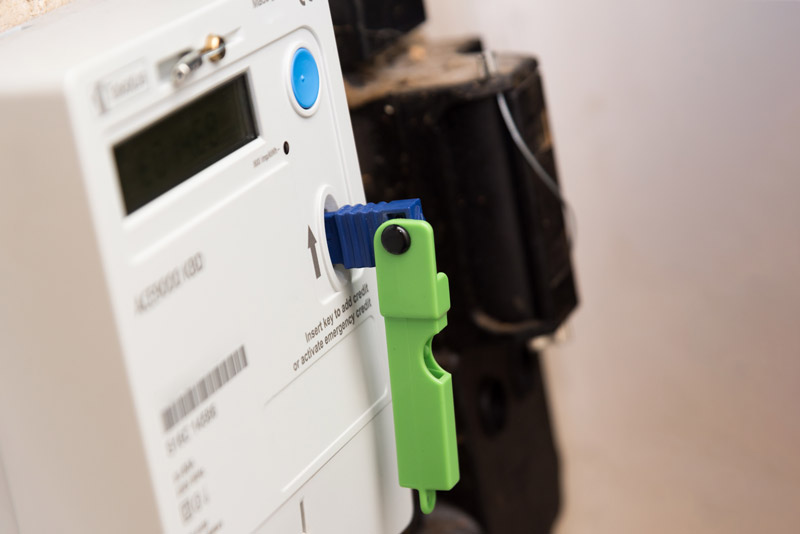Ofgem Considers Extending Price Cap for Pre-Payment Meters

Customers with pre-payment energy meters are still receiving a raw deal from suppliers and should continue to receive protection from a price cap, Ofgem has said.
The current cap on pre-payment tariffs expires at the end of the year. The regulator is seeking views on its extension, including the possibility of combining the cap with the price cap on default and standard variable tariffs.
The price cap for pre-payment energy customers was introduced in 2017, after the Competitions and Markets Authority was discovered those households, who are more likely to be vulnerable and low-income, were not able to switch supplier as easily as other customers and were thus paying over the odds for energy. The cap was supposed to last until the end of 2020, at which time it was expected the rollout of smart meters would be complete and increased competition would lower prices for pre-payment tariffs.
However, with the smart meter rollout delayed and the deadline for its completion pushed back to 2024, the CMA recommended last summer that the cap be extended. The regulator found that competition had not materially improved in the pre-payment market since 2017 and that rates of engagement among pre-payment customers are still low.
Ofgem is now asking stakeholders for views on whether to extend the cap, how to set its level and whether to combine the pre-payment cap with the default tariff cap. The methodologies for the two caps were already aligned last year and Ofgem said it would set the cap at a different level for pre-payment customers.
The pre-payment cap will next be adjusted on 1 April, from £1,217 to £1,200 for a dual-fuel household with typical use.
Four million households have pre-payment meters, usually, because they don’t have the credit scores to qualify for pay-monthly tariffs, have previous debts to their supplier or are renting. However, pre-paying for energy can be costly and burdensome.
Last year auto-switching service Switchcraft found that homes with pre-payment meters pay an average of £378 more than homes with credit meters for their energy each year. British Gas recently caused controversy by switching the payment platform through which it processes top-ups, leaving customers scrambling to find new locations to load their meters.
Read on our blog

With the government poised to implement tough new measures to...

Budget broadband provider TalkTalk has been notifying customers via email...

A year-long investigation by charity Citizens Advice has revealed a...

Education Secretary Nadhim Zahawi has announced a new commitment to...
